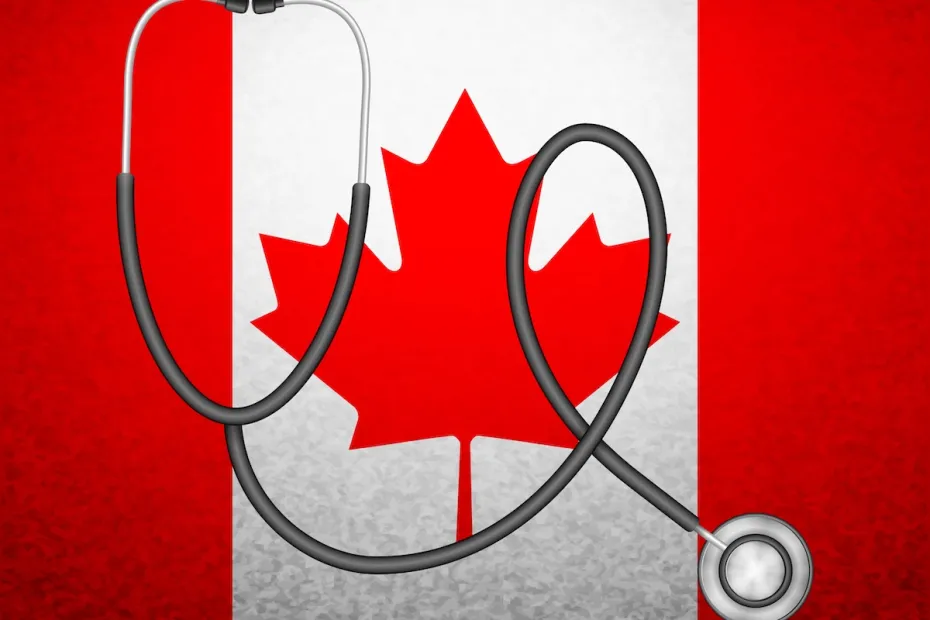
Applying for Express Entry with a Pre-Existing Medical Condition: What You Need to Know
Applying for Canadian Permanent Residence (PR) through Express Entry can be complex if you have a pre-existing medical condition. While many applicants succeed, others face refusals on the grounds of medical inadmissibility. Immigration, Refugees and Citizenship Canada (IRCC) evaluates all applications carefully, and medical history plays a significant role.
As of August 21, 2025, all new Express Entry applicants are required to undergo an upfront Immigration Medical Exam (IME) at the time of application. Previously, IRCC would request medical exams after submission, but this new rule adds an additional screening layer early in the process.
This report explains why medical inadmissibility happens, the three main grounds for refusal, and how applicants can address or overcome potential issues.
Grounds for Medical Inadmissibility in Canada
IRCC may refuse your PR application for three major reasons:
1. Excessive Demand on Health or Social Services
- The most common ground for medical inadmissibility.
- IRCC examines whether your medical condition may create an excessive financial or service burden on Canada’s publicly funded healthcare system.
- In 2025, the excessive demand threshold is:
- $27,162 per year, or
- $135,810 over 5 years.
Examples of conditions that could raise concern:
- Chronic illnesses: diabetes, kidney disease, cardiac disorders.
- Psychiatric conditions: schizophrenia, bipolar disorder.
- Developmental conditions: autism, Down syndrome.
- Mobility/neurological disorders: cerebral palsy, major joint replacement.
- Infectious diseases requiring ongoing treatment: tuberculosis, hepatitis B or C.
What applicants can do:
- Submit proof of private insurance covering treatment.
- Provide medical reports and prognosis from specialists.
- Share test results showing the condition is under control and manageable.
- Prepare a mitigation plan outlining how treatment will not burden public healthcare.
2. Danger to Public Health
- Applications may be refused if your condition poses a risk of spreading infectious disease or creating significant public health concerns.
IRCC evaluates:
- IME results and specialist reports.
- Past or current exposure to infectious diseases.
- Contagiousness and level of compliance with treatment.
What applicants can do:
- Provide updated medical reports confirming the condition is under treatment or cured.
- Share lab results showing no active infection.
- Submit proof of compliance with treatment protocols.
3. Danger to Public Safety
- Refusals can occur if an applicant’s medical condition is linked to:
- Sudden incapacity (e.g., seizures, unpredictable loss of consciousness).
- Uncontrolled or violent behavior tied to psychiatric/neurological conditions.
What applicants can do:
- Submit medical documentation showing treatment is effective.
- Provide psychiatric or neurological specialist assessments.
- Share compliance evidence such as therapy or medication records.
- Demonstrate a stable history with no violent incidents.
Responding to Potential Medical Inadmissibility
Procedural Fairness Letter (PFL)
Before rejecting, IRCC typically issues a Procedural Fairness Letter, outlining concerns. Applicants get 90 days to respond.
Responses may include:
- Updated medical tests.
- Proof of effective treatment.
- Evidence of financial means to manage care.
- Alternative treatment plans.
Extensions may be requested if more time is needed.
Mitigation Plan for Excessive Demand
When excessive cost is the issue, IRCC may allow applicants to submit a Mitigation Plan showing how they will cover expenses.
Mitigation Plan can include:
- Proof of private health insurance.
- Financial evidence showing ability to pay privately.
- Doctor’s letters confirming treatment plans.
- A signed Declaration of Ability and Willingness accepting financial responsibility.
Key Table: Summary of Medical Inadmissibility Grounds
| Reason for Refusal | What IRCC Looks At | How Applicants Can Respond |
|---|---|---|
| Excessive Demand on Health/Social Services | Costs above $27,162 per year or $135,810 over 5 years | Private insurance, prognosis reports, mitigation plan |
| Danger to Public Health | Contagious/infectious diseases | Medical reports, lab results, proof of treatment compliance |
| Danger to Public Safety | Risk of sudden incapacity, violent or unpredictable behavior | Specialist assessments, treatment records, proof of stability |
For a consultation about Immigration options, reach out to the CAD IMMIGRATION today!




